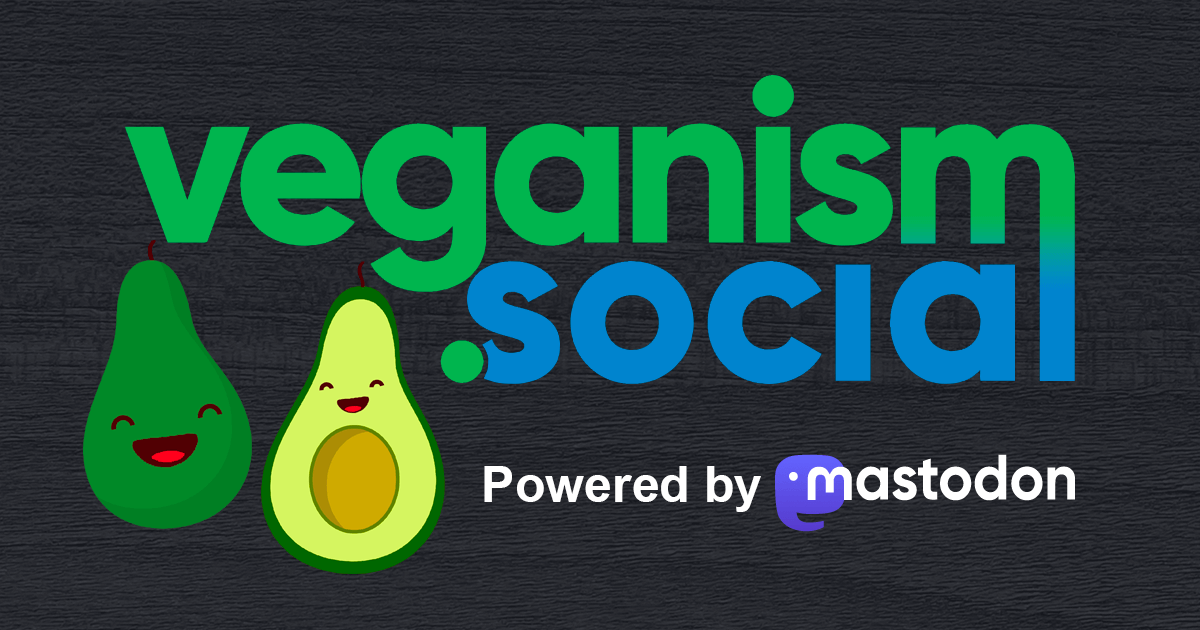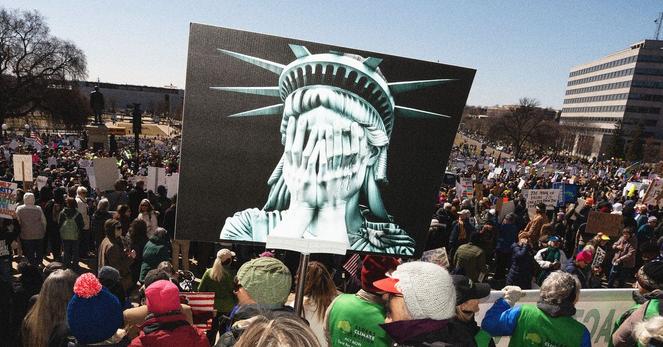Private Donors Supply Spy Gear to Cops
There's little public scrutiny when private donors pay to give police controversial technology and weapons. Sometimes, companies are donors to the same foundations that purchase their products for police.
by Ali Winston and Darwin Bond Graham, special to ProPublica Oct. 13, 2014
"In 2007, as it pushed to build a state-of-the-art #surveillance facility, the Los Angeles Police Department cast an acquisitive eye on software being developed by #Palantir, a startup funded in part by the Central Intelligence Agency's [#CIA] #VentureCapital arm.
"Originally designed for spy agencies, Palantir's technology allowed users to track individuals with unprecedented reach, connecting information from conventional sources like crime reports with more controversial data gathered by surveillance cameras and license plate readers that automatically, and indiscriminately, photographed passing cars.
"The LAPD could have used a small portion of its multibillion-dollar annual budget to purchase the software, but that would have meant going through a year-long process requiring public meetings, approval from the City Council, and, in some cases, competitive bidding.
"There was a quicker, quieter way to get the software: as a gift from the Los Angeles Police Foundation, a private charity. In November 2007, at the behest of then Police Chief William Bratton, the foundation approached #TargetCorporation, which contributed $200,000 to buy the software, said the foundation's executive director, Cecilia Glassman, in an interview. Then the foundation donated it to the police department.
"Across the nation, private foundations are increasingly being tapped to provide police with technology and weaponry that -- were it purchased with public money -- would come under far closer scrutiny.
"In Los Angeles, foundation money has been used to buy hundreds of thousands of dollars' worth of license plate readers, which were the subject of a #CivilRights lawsuit filed against the region's law enforcement agencies by the American Civil Liberties Union of Southern California and the #ElectronicFrontierFoundation. (A judge rejected the groups' claims earlier this year.)
"Private funds also have been used to upgrade 'Stingray' devices, which have triggered debate in numerous jurisdictions because they vacuum up records of cellphone metadata, calls, text messages and data transfers over a half-mile radius.
"New York and Los Angeles have the nation's oldest and most generous police foundations, each providing their city police departments with grants totaling about $3 million a year. But similar groups have sprouted up in dozens of jurisdictions, from #AtlantaGeorgia, to #OaklandCalifornia. In #Atlanta, the police foundation has bankrolled the surveillance cameras that now blanket the city, as well as the center where police officers monitor live video feeds.
"Proponents of these private fundraising efforts say they have become indispensable in an era of tightening budgets, helping police to acquire the ever-more sophisticated tools needed to combat modern crime.
"'There's very little discretionary money for the department,' said Steve Soboroff, a businessman who is president of the Los Angeles Police Commission, the civilian board that oversees the LAPD's policies and operations. 'A grant application to the foundation cuts all the red tape, or almost all of the red tape.'
"But critics say police foundations operate with little transparency or oversight and can be a way for wealthy donors and corporations to influence law enforcement agencies' priorities.
"It's not uncommon for the same companies to be donors to the same police foundations that purchase their products for local police departments. Or for those #companies also to be #contractors for the same police agencies to which their products are being donated.
"'No one really knows what's going on,' said Dick Dadey of #CitizensUnion, a good government group in New York. 'The public needs to know that these contributions are being made voluntarily and have no bearing on contracting decisions.'
"Palantir, the recipient of the #LosAngelesPolice Foundation's largesse in 2008, donated $10,000 to become a three-star sponsor of the group's annual 'Above and Beyond' awards ceremony in 2013 and has made similar-sized gifts to the #NewYorkPolice foundation. The privately held Palo Alto firm, which had estimated revenues of $250 million in 2011 and is preparing to go public, also has won millions of dollars of contracts from the Los Angeles and New York police departments over the last three years.
"Palantir officials did not respond to questions about its relationships with police departments and the foundations linked to them. The New York City Police Foundation did not answer questions about Palantir's donations, or its technology gifts to the NYPD.
"Donna Lieberman, executive director of the New York #CivilLibertiesUnion, said she saw danger in the growing web of ties between police departments, foundations and private donors.
"'We run the risk of policy that is in the service of #moneyed interests,' she said."
https://www.propublica.org/article/private-donors-supply-spy-gear-to-cops

